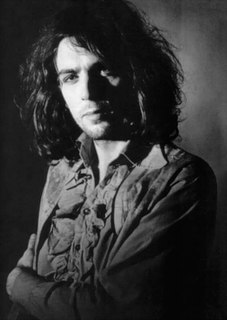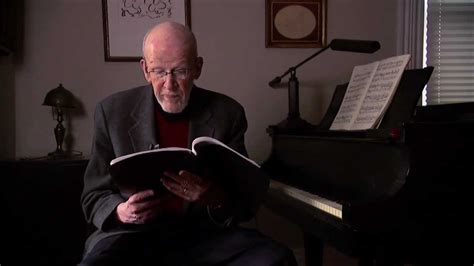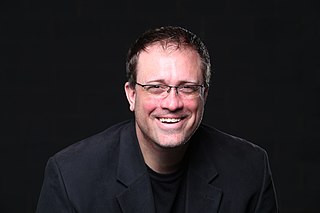A Quote by Syd Barrett
I do tend to take lines from other lines I like, and then write around them.
Related Quotes
I don't write as much now as I used to, but I write. The lines still come, maybe periodically, and I'll go through these little bursts of time where I write a lot of things then a long period of time where maybe I don't write anything. Or these lines will come into my head and I'll write 'em down in a little book, just little sets of lines, but I won't try to make stories or poems out of them. I'm doing a lot of that now, just the lines.
Those of us raised in modern cities tend to notice horizontal and vertical lines more quickly than lines at other orientations. In contrast, people raised in nomadic tribes do a better job noticing lines skewed at intermediate angles, since Mother Nature tends to work with a wider array of lines than most architects.
I've always been - as a teacher, as graduate student, as a student, and I think, really, as a child - I've been interested in poems, but not so much for what the take home pay is, what you might sum up from them in moral or intellectual terms or whatever, but what's in the certain lines and how lines relates to other lines.
[Barack] Obama can draw lines for himself and his country, not for other countries. We have our red lines, like our sovereignty, our independence, while if you want to talk about world red lines, the United States used depleted uranium in Iraq, Israel used white phosphorus in Gaza, and nobody said anything. What about the red lines ? We don't see red lines. It's political red lines.
So you think the best way to prepare kids for the real world is to bus them to a government institution where they're forced to spend all day isolated with children of their own age and adults who are paid to be with them, placed in classes that are too big to allow more than a few minutes of personal interaction with the teacher-then spend probably an hour or more everyday waiting in lunch lines, car lines, bathroom lines, recess lines, classroom lines, and are forced to progress at the speed of the slowest child in class?
As soon as I start to write I'm very aware, I'm trying to be aware that a reader just might well pick up this poem, a stranger. So when I'm writing - and I think that this is important for all writers - I'm trying to be a writer and a reader back and forth. I write two lines or three lines. I will immediately stop and turn into a reader instead of a writer, and I'll read those lines as if I had never seen them before and as if I had never written them.
The car is not a rabbit or a deer that jumps around in sweeping lines, but it is a man-made work of technology in need of an appropriate roadway. Rather, the car resembles a dragon fly or any other jumping animal that moves shorter distances in straight lines and then changes its direction at different points.




































